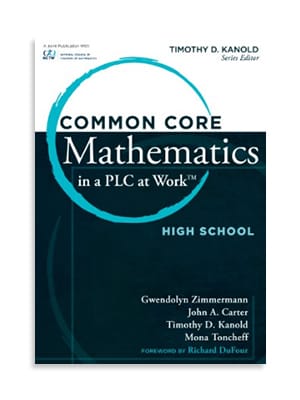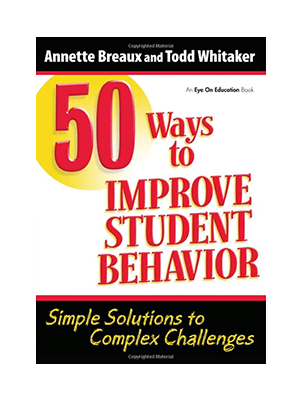Perhaps the best thing we can do during COVID-19 is embracing home education for what it is, with all its potential and limitations. This means working closely with parents to clarify learning goals and create activities truly designed for family implementation.

1. Share goals
Let’s face it – distance learning is not classroom learning. Most students cannot achieve the same results, at the same pace, without the social support that exists in schools (aka “the zone of proximal development”). Therefore, pacing and learning goals must prioritized to focus on essentials. This ensures students progress together and helps keep families sane at home. Your goals, both daily and end-of-year, should be communicated clearly with parents. Otherwise, we run the risk of losing parents ( students) along the way – either by overwhelming them or giving them the perception we just are assigning “busy work.”

2. Offer support
Every parent could use support at home. Consider sharing routine tips and encouragement, especially if you see issues with student engagement. Clear explanation(s) of the lesson’s purpose (or possibly a sample of a completed assignment), along with daily or weekly checklists, can help parents feel more confident. One easy way to do this is to send a separate email or checklist to parents each day (or week). Include your main learning goals for the week, essential assignments to focus on (“if you can do nothing else, here is what students should focus on…”), and a few words of encouragement.

3. Ask for feedback
Take the time to ask parents (and students) how distance learning is working for them. Google docs or forms make it easy to gather information quickly: “What worked well this week?” “How much time did it take per day?” “How can we make distance learning more effective for your student(s)?” “Based on the learning goals and activities in math (science, etc.) what other assignments might engage your child in the coming weeks?” We might be surprised to learn that slight changes in delivery could positively impact families – but we won’t know if we don’t ask.

























